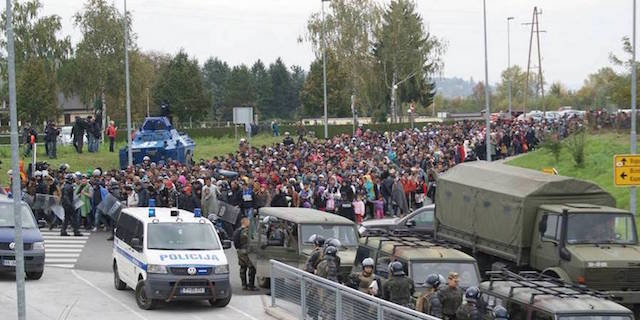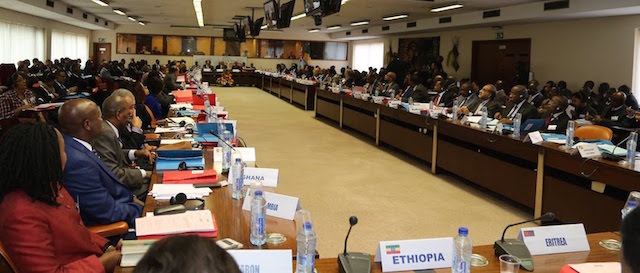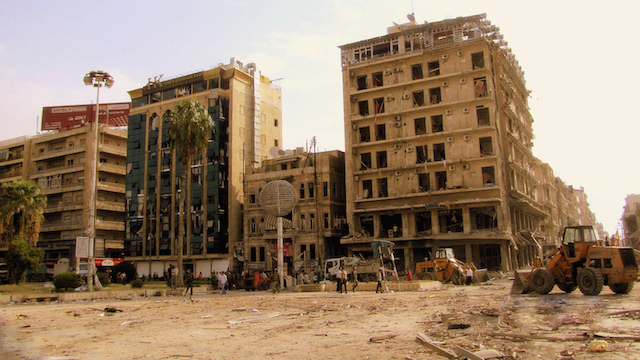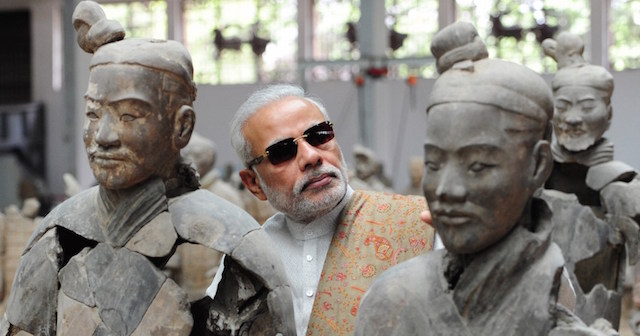By Kalinga Seneviratne* | IDN-InDepthNews Feature
This article is the fourth in a series of joint productions of Lotus News Features and IDN-InDepthNews, flagship of the International Press Syndicate.
CHIANG MAI (IDN | Lotus News Features**) – The Mindfulness fad sweeping across the West today may be the new money-spinner for those “gurus” who charge hundreds of dollars for each session to teach its applications, often to improve one’s ability to navigate the global capitalist system to make more money for yourself. But, for the Thais it’s a 2500-year old philosophy taught by Gautama the Buddha to encourage moderation, self-reliance and contentment in your daily life.









